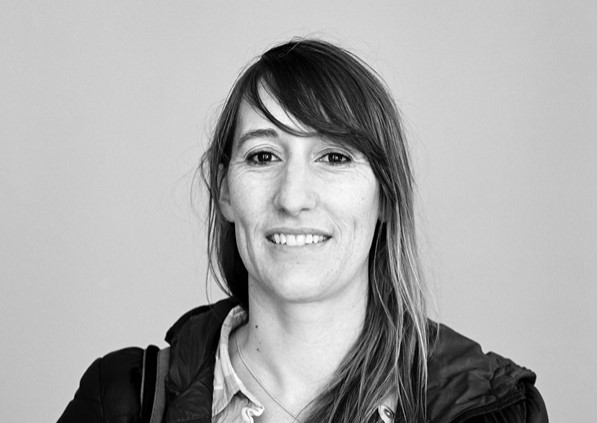Special E&E Webinar: Non-invasive physiology in free-ranging birds
Studying physiological responses in animals can tell us a lot about how much environmental stress animals can tolerate, helping to improve our understanding of animal biology and inform conservation management actions.
Speakers
Event series
Content navigation
Description

Studying physiological responses in animals can tell us a lot about how much environmental stress animals can tolerate, helping to improve our understanding of animal biology and inform conservation management actions. Traditional methods for measuring physiological responses can cause considerable disturbance, particularly when they involve repeated capture of individuals along with taking samples of blood or tissue. It is possible that handling stress may obscure signatures of environmental stress and finding less invasive ways to measure physiology in wild animals is therefore an important research priority. Researchers in the Hot Birds Research Project at the FitzPatrick Institute of African Ornithology have been developing and testing non-invasive methods for measuring physiological responses in wild birds. These measurements include estimates of field metabolic rates, water turnover, body mass change, and circulating glucocorticoid metabolites collected from free-living wild birds in their natural environment without ever touching the study animals. In this talk, I’d like to present a series of case studies from our work on several species of bird, demonstrating the practical feasibility of non-invasive techniques and the kinds of research questions that we have addressed using such techniques. I’d further like to discuss the strengths, limitations, and opportunities associated with such approaches.
Biography
Amanda Bourne is completing her PhD at the FitzPatrick Institute of African Ornithology in Cape Town. She uses a novel combination of non-invasive ecophyisology, behaviour, morphology, and life history to explore the impacts of high temperatures and drought on reproduction and survival in desert birds.
Location
Join Zoom Meeting
https://anu.zoom.us/j/99056307084
Meeting ID: 990 5630 7084
One tap mobile
+61370182005,,99056307084# Australia
+61731853730,,99056307084# Australia
